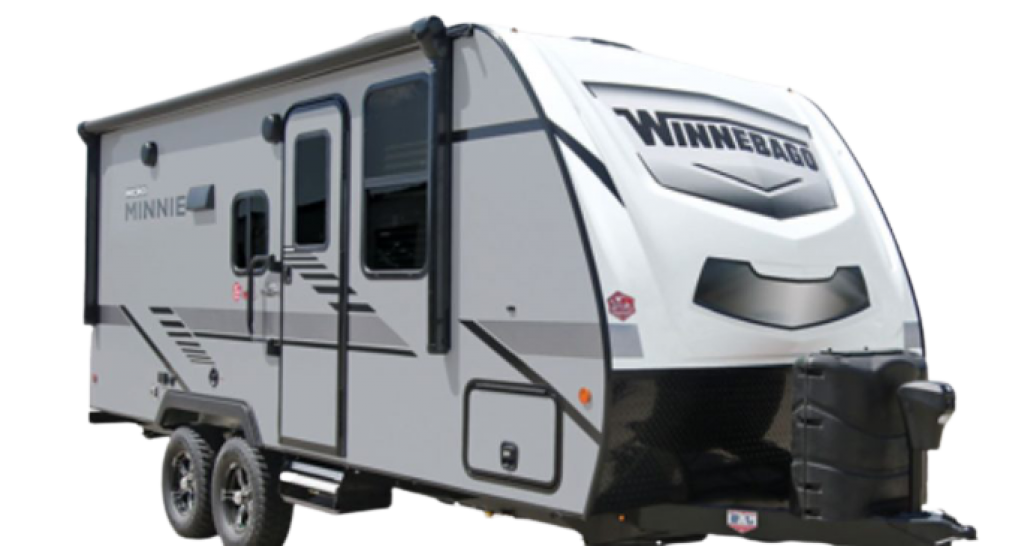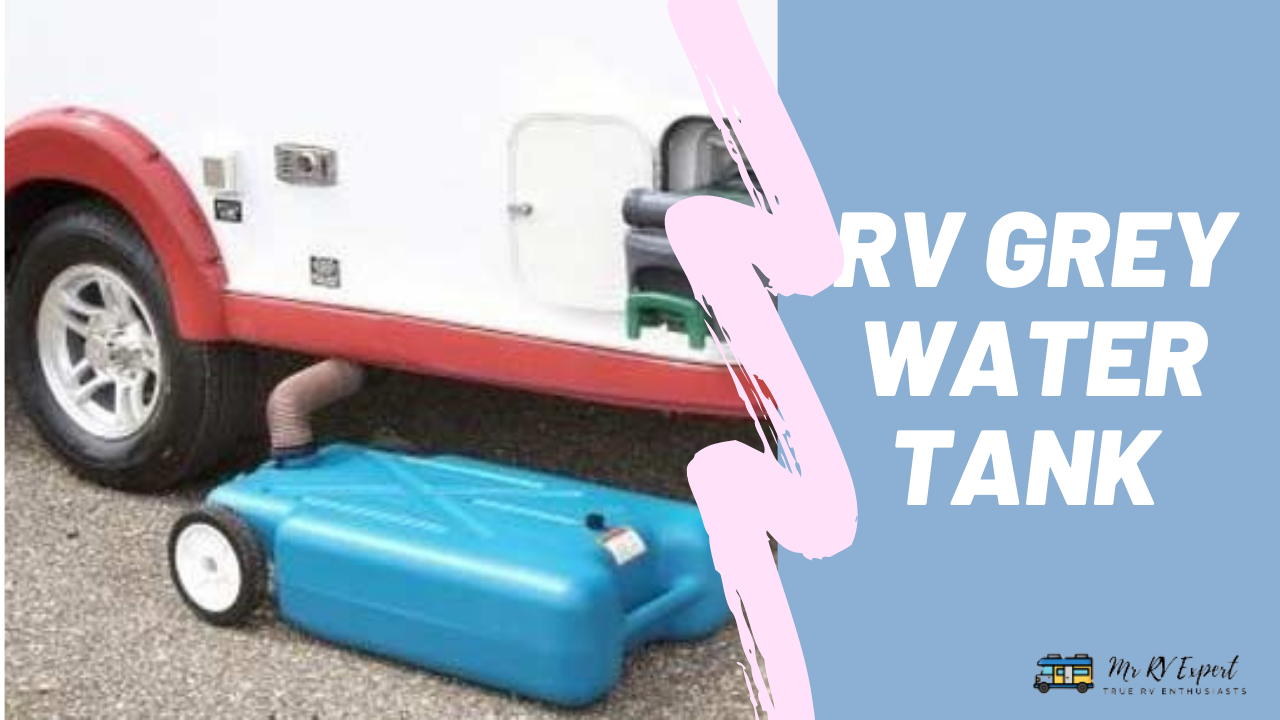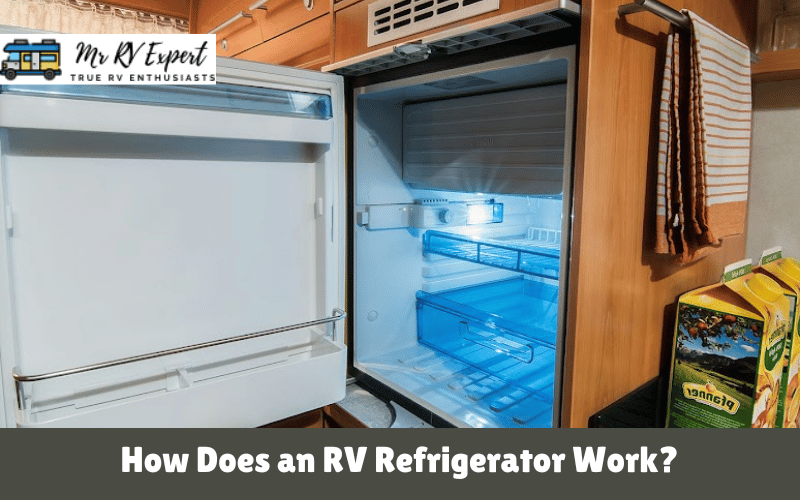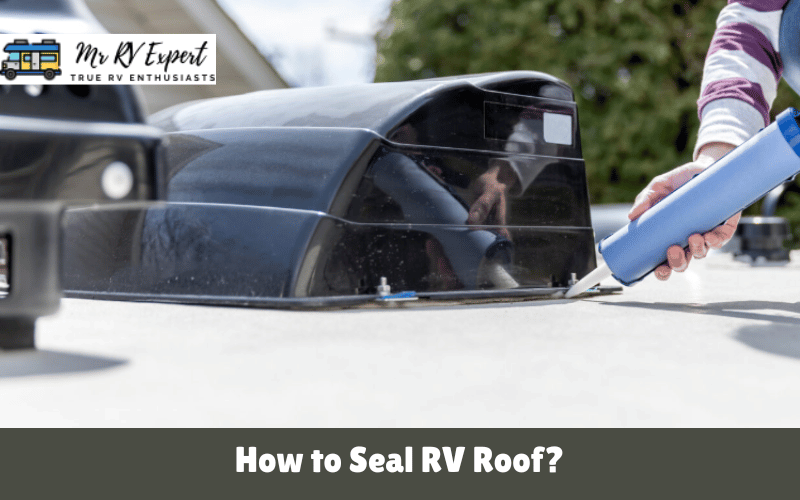I’ve been collecting reference material for a long time now on RVs since I became interested in them after purchasing our first pop-up. I looked specifically at the sink and toilet mechanisms, how they work, what drains into what tanks, etc. I realized that every time I turned around, there was always someone dumping something down the drain or flushing some chemical down it too. RV grey water tank -or- the most important part of your RV.
Those things often ended up stuck in some confusing maze between two valves leading out to nowhere and then trickling out through another hose to who knows where. What happens to those chemicals? How do all these different hoses lead to so many places? Where does it all end up? Unfortunately, many of these things go unanswered. I researched the subject, but most information was vague; very few people were willing to give out specifics or point me in any firm direction.

This article is meant to be a clear explanation of what happens between your tank valves and where each thing goes (or should go). For this article, we’ll just be looking at grey water tanks. No black/sewage tanks here – that’s for another day! Let’s get started.
Table of Contents
What is greywater?
The first thing you need to know about your RV grey water tank is exactly what it’s used for. There are three different types of waste produced by an RV. Two of them are fairly similar, but one is very distinctive from the other. I’ll go ahead and list them off here, so you know what to look for.
1) Black Water
The first type is known as black water. This refers to waste that contains human fecal matter or urine – it’s anything that comes out of your body that’s dark in color (assuming there’s no food coloring added!). This should really only consist of about 5-10% of the total water volume in any given tank since this is not something you want to have around for too long.
However, since it does contain human waste, you also don’t want to let it freeze because it creates methane gas (not good). So basically, if the water coming out of your toilet or grey tank is darker than what comes out of your sink, you need to dump it more often.
2) Gray Water
The second type is known as gray water. This refers to waste that contains food scraps, paper, chemicals for cleaning or treating the rig, etc. You can see this waste also comes in two categories – some of it will be clear/white (sink water), but there are other very dark components (things like anti-freeze from winterizing).
There’s a lot more gray water around than black water simply because there seem to be fewer rules governing what people will dump down their drains! Things like dish soap and shampoo should not go down any drain, really – at least not without being properly filtered with a 2nd tank or your greywater system. These are things you generally want to be removed before they end up in the grey tank and decompose (creating methane gas again!).
3) Clear Water
The third type is known as clear water. If you’re not dumping anything black/grey/clear, then this one’s for you – it’s the cleanest water around and good for flushing toilets! Looking at RV parks, though, most of them will not allow you to dump clear water down their drains because it eventually clogs the septic tanks people put in these places! So if someone asks whether you are dumping clear water, make sure it’s for a good reason :).
Most of the time, people use gray water to flush their black tank and clear water to flush their gray tank.
What is a grey water tank?
To start, there are two general types of grey tanks – separate tanks specifically designed for holding greywater (sort of like a septic system) or a multi-use plastic bag that can hold both solid and liquid wastes. It’s up to you which type you want to use (or whether you even want one!) But I’ll point out some benefits of each here:
1) Separate Grey Water Tanks
These tanks will allow your black/grey waters to “separate” if designed properly with enough space. This means that any solids will drop to the bottom of the tank, and you can pump that solid waste out of the tank later. These tanks also tend to be more aerated than a greywater bag, so they’re better for holding greywater if you plan to take your camping trip longer than a few days (the extra aeration helps break down solids).
2) Grey Water Bags
These bags do not separate black/grey waters at all. This means that you must dump them *exactly* as often as your black tank… If not more often, depending on how much gray water you produce. If filled, the weight of this water will cause it to stretch out and possibly pop or tear your tank, which would then contaminate all your freshwater! So getting a grey water tank is a smart idea… But make sure to use it properly.
What does the term “black” and “grey” refer to?
Blackwater refers to waste containing human feces, while gray water generally refers to all other waste (sink/shower/etc.). However, people do not differentiate between the two and refer to them both as black or grey. So be careful when asking questions in different forums about what type of drain they’re referring to! Most commonly, though, people will ask: “why can’t I dump my black/grey water in this area?” only when the signage specifically says something like: no black water dumping allowed. So if you see one or more of these types of signs, then you’ll know that something other than human waste is being prohibited.
What does the term “freshwater” mean?
Freshwater refers to water that has not come into contact with your waste tank (black/grey). Generally speaking, any water you use for cleaning or drinking purposes would be considered fresh. However, you can also dump freshwater down any fitting labeled as a “freshwater” fitting – these are often labeled as grey or white depending on what type of waste they allow.
Using different fittings for drain and fill will largely depend on where you park your RV at night. Unfortunately, some dump stations have very few options available, so it’s up to you to find a good one! Make sure there isn’t another RV parked over the dump space, though… Unfortunately, doing this will make it impossible to separate your black/grey water tank during dumping.
Where can I find a complete list of dump station regulations?
The only place that I know of where you’ll find absolutely all the information you need about dump stations is on all stays. This website contains every bit of info known to man about campgrounds, hotels, and yes – even dump stations! So if you’re looking for someplace specific, just go there and search for it by name or address. You can also use their instant google Maps system to help pinpoint the location.
As far as prices are concerned, most campgrounds will give you free camping if you stay long enough (7-days) and dump/fill your freshwater tank with them one time… But if you stick around for only a few nights, they’ll probably charge you (up to $10+ per night).
RV grey water tank overflow
You should dump your RV grey water holding tank when it’s ¾ full. If you’re connected to a line and the washer/dryer is still running, make sure that the valve on top of this container remains open, or else bubbles may come shooting out from drainpipes leading into sinks, toilets, etc. Pour some softener in with clean white distilled vinegar (or baking soda) to help loosen any debris stuck inside before emptying completely to avoid leaving anything behind, which could cause odor problems downline!
Don’t let your RV go to waste! Portable grey water tanks are a great way for you and the environment. With these, all of that nasty black sludgy stuff can be drained out of it, so there are no more foul smells or messes in between dump stations on short notice when needed most- just like an emergency 3rd lavatory if need be (I know from experience).
Treat yourself well by taking care not only now but also long after installation; make sure everything is clean inside before plugging up again with fresh new fluids, including soap added where applicable every time.









